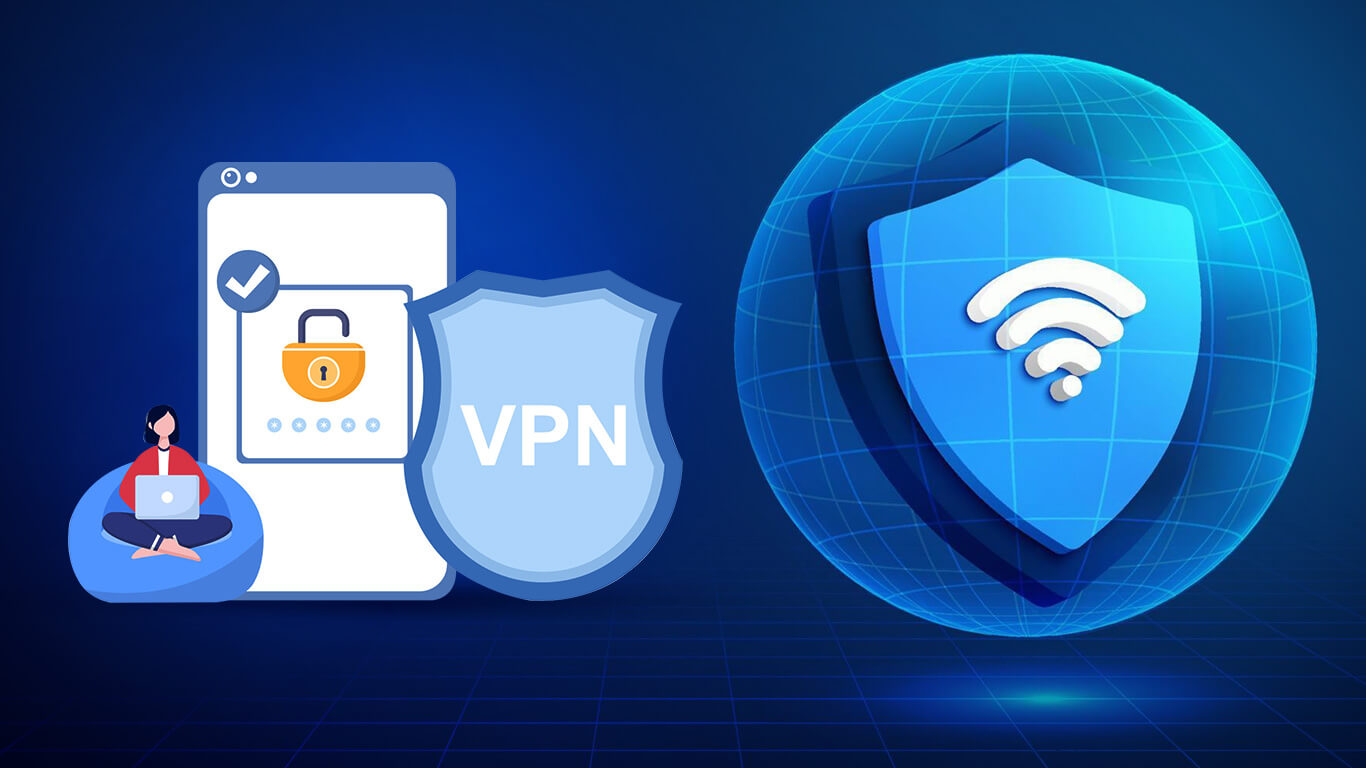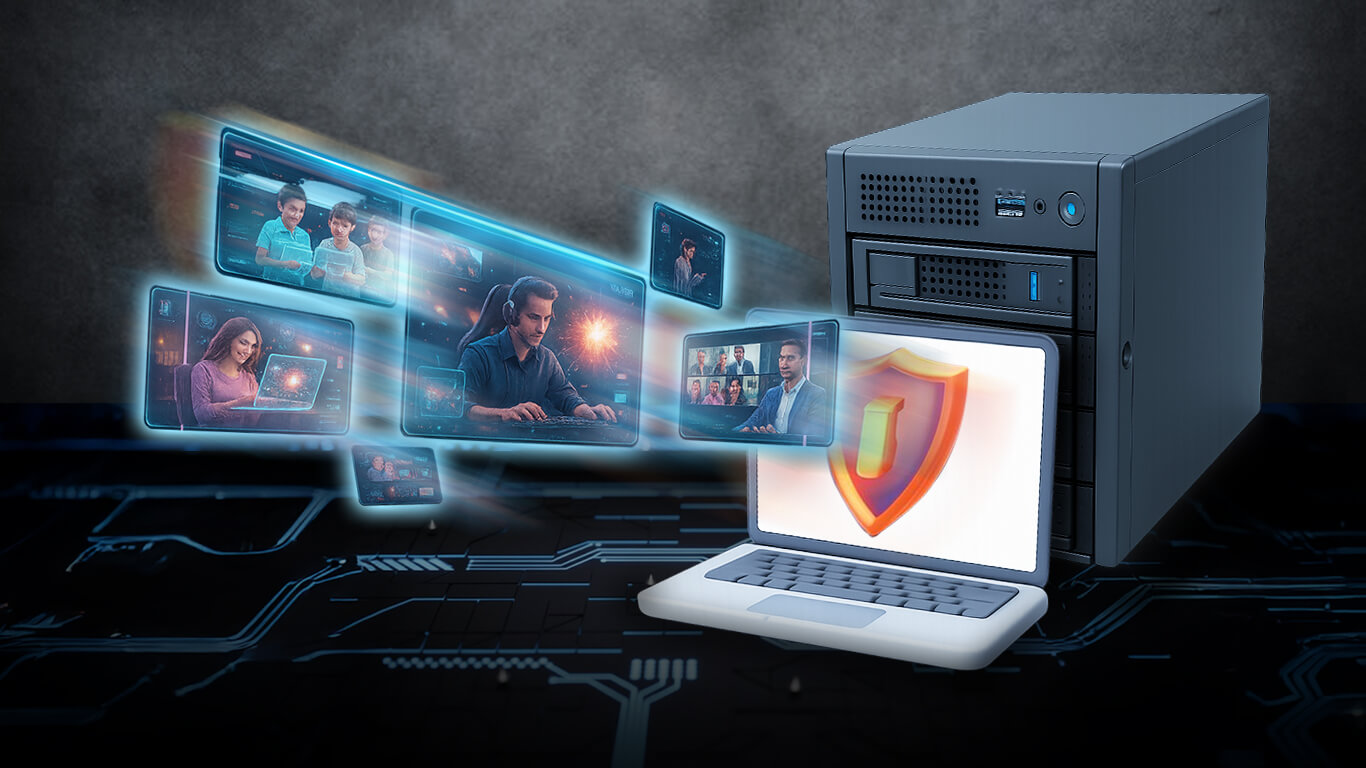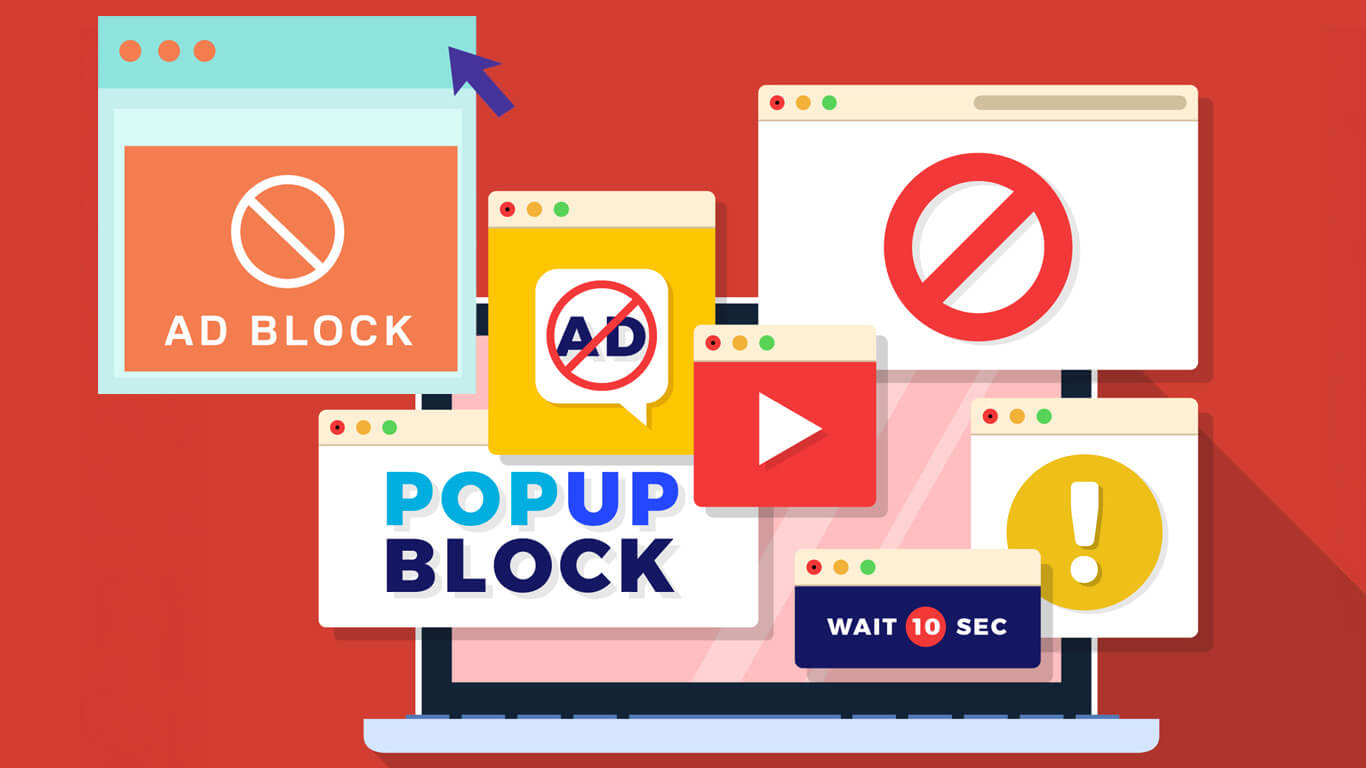VPNs: How They Protect You and When They Don’t

AI seems to keep an eye on nearly every click you make, smart gadgets gather bits of information from the quietest corners of your home, data breaches continue to parade across the news, and region blocked shows still act like they are guarding a royal treasure. All of this is happening right now, and it deserves at least a raised eyebrow of attention.
One of the most common lines of defense is the trusty VPN, and in the year 2025 its popularity refuses to slow down, mostly because AI driven hacking, the ever buzzing dark web, and your information strolling around the internet like it is on a clearance sale make everyone a little uneasy. For the record, that was sarcasm. No one is actually delighted about any of this, and we grow more tired by the day. So when people ask whether a VPN is still worth paying for in 2025, the answer is simple: it is more valuable now than it has ever been.
Where a VPN Is an Absolute Must-Have
Privacy from Trackers
You’re never really alone online. Facebook’s peeking, Instagram’s listening, and yep, Telegram’s curious too. Even your dentist’s website or that aircon repair booking page might be quietly collecting data. It’s not always malicious but knowing that random sites know your interests, clicks, and habits? It’s plain uncomfortable at some point.
Ever noticed how your social media feed feels more like a marketplace than a place to catch up with friends? That’s your data at work, being sold and recycled for ads you have an inclination to buy or pay for.
A VPN can help reduce that visibility. It hides your online activity, scrambles your connection, and stops these platforms from treating your data like a business asset. It’s your internet life so keep it yours.
Security on Public Wi-Fi
Public Wi-Fi is a circus. Everyone’s connected, and you never really know who’s sitting in the corner (digitally) watching what you’re doing. Hackers love these networks because they can scoop up passwords, messages, and whatever else you forgot to lock down.
That’s where a VPN earns its keep. It gives your data nonsensical characters so even if someone’s lurking on the same network, all they see is gibberish. Handy if you’re working from a café, checking emails between errands, or panic-ordering something online at the airport. It keeps your connection clean and your info where it belongs.
Access to Global Content
The “Not available in your country” message is one of the internet’s biggest buzzkills and one of the easiest problems a VPN can fix. Beyond its privacy perks, it also lets you slip past geo-restricted walls and access content that’s normally off-limits.
A VPN hides your location, giving you the freedom to watch shows, use apps, or browse sites like you’re somewhere else. You get open access, safer browsing, and a little extra peace of mind. The internet feels a lot better when it actually feels free.
Remote Work Protection
Remote work has turned into the daily reality for so many people, which makes protecting your connection feel a lot more urgent than it ever did. The reason is simple enough. Working anywhere is the perk you treasure the most, and, in a strange twist, hackers adore that freedom just as much. Picture yourself in a cafe, happily sending off financial reports while the person beside you is quietly plotting to scoop them up like free snacks on a table.
So how does a VPN swoop in to fix that situation? It sends your traffic through a sort of private tunnel on its way to your company network, keeping your emails, files, and those not meant for public ears conversations from drifting into the curious hands of cybercriminals who would love nothing more than to take a peek.
AI-Powered Threat Detection
Modern VPNs have evolved far beyond simply hiding your IP. They can sniff out malware, catch phishing attempts, and notice odd behavior long before it snowballs into a full-blown problem. As AI powered cyberattacks start showing up like uninvited guests, that extra layer of fence becomes something you do not want to skip. Some VPNs even send real time alerts or stop suspicious moves on their own which could give you a head start in staying one step ahead online.
Multi-Device Coverage
VPNs today work on more than just laptops. They cover phones, tablets, and even smart home devices like speakers, cameras, and thermostats. One account can protect your entire digital assets, meaning you don’t need separate subscriptions for every device. This is especially handy if your household is full of connected devices or if you travel frequently with multiple gadgets.
Prevent ISP Throttling
Some internet providers like to quietly tap the brakes on your connection when you stream, game, or download anything larger than your patience. A VPN can disguise what you are doing and keep that slowdown from happening, which means your speeds stay steady instead of wobbling all over the place. This cuts down the annoying buffering and lag and keeps your whole online life smooth, whether you are binge watching a show or hopping into a video call without wanting to yell at your screen.
Safe Torrenting & File Sharing
Torrenting and file sharing come with their own bundle of risks, ranging from malware waiting to crash the party to trackers that follow you around the internet. A VPN adds encryption and a good dose of anonymity, which makes it much harder for hackers to peek at what you are doing or expose your IP for the world to see. If you often download or share files, this extra cushion of security can spare you from a mix of possible security issues and legal migraines you never asked for.
Secure Online Shopping & Banking
Shopping online, mobile banking, and all those everyday digital errands rarely get the level of security attention they actually deserve. The truth is that every checkout page and every banking session sends sensitive information floating across the internet. A VPN, again, encrypts all that data, keeping your payment details and account information out of reach from anyone hoping to snatch them. If you shop or bank online often, this is an easy way to lower your risk without flipping your routine upside down.
Peace of Mind & Digital Freedom
At the end of the day, a VPN hands you a bit more control over your digital assets and identity. It cuts down on tracking, keeps your devices guarded, and lets you browse, stream, or work without feeling like someone is breathing down your neck. In the year 2025, when data collection and AI style monitoring seem to pop up in every corner, that feeling of freedom and privacy becomes more than a nice little extra. It turns into a pretty solid reason to take VPNs seriously.
When a VPN Might Not Be Your Best Bet
Speed Reduction
Not all VPNs are created equal. Some, especially free ones or servers packed with users, can slow down your connection. That means streaming, gaming, or even video calls might lag or buffer more than usual. If you rely on speed for work or entertainment, this is something to keep in mind.
Limited Benefits for Casual Users
If you mostly just browse websites or watch content that’s already available in your country, a VPN might not do much for you. You might not even notice a difference in your online experience, which can make paying for one feel unnecessary.
Doesn’t Stop All Threats
A VPN isn’t a magic shield. Phishing scams, malware, and weak passwords can still compromise your security. Think of it as one layer of protection in a bigger security setup—it’s not a replacement for good online habits.
Blocked Services
Some apps and websites, like certain banks or streaming platforms, can detect VPN traffic and block it. That can be frustrating if you rely on those services regularly.
Free VPN Limitations
Free VPNs can be fine for testing things out, but they usually come with limits, like fewer servers, slower speeds, or fewer features. Choosing a paid plan gives you full access, smoother performance, and extra security tools that make your online life simpler and safer.
Worth the Investment
High-quality VPNs aren’t free for a reason, they provide reliable speed, stronger privacy, and advanced features that make a real difference. Nobody gives this much for free. And, if they did, then you know it’s too good to be true. You have to pay for a VPN to get these benefits, but for most users, the convenience, protection, and peace of mind make the cost worthwhile.
False Sense of Security
Some people assume that just having a VPN means they’re completely safe online. Relying only on it can lead to skipping other smart security habits, like updating software, using strong passwords, or enabling multi-factor authentication. A VPN helps, but it’s not a replacement for overall digital hygiene.
Quick Tips to Make a VPN Actually Work for You
- Go with a reputable provider that has verified no-log policies and steer clear of options that could compromise your privacy.
- Jurisdiction (Where’s HQ?): This is for the truly paranoid (and smart). VPN companies have to obey the laws of the country they’re based in. Ideally, you want a VPN based outside of the “5/9/14 Eyes” surveillance alliances (countries like the US, UK, Canada, Australia). Think: Panama, Switzerland, or the British Virgin Islands.
- Modern Protocols: Look for options like WireGuard. It’s the new, speedy hotness. OpenVPN is the old, reliable (but slower) workhorse.
- Take advantage of VPNs with AI-powered features that automatically select the fastest server for the user’s location and can adjust encryption protocols based on the type of data being transmitted, optimizing security for sensitive information.
- More servers in more locations = better. It’s like having more highway lanes. You’re less likely to get stuck in a jam with everyone else.
- The Price Tag: Free VPNs are not your friend. You’re not the customer; you’re the product. They are likely selling your data, plastering you with ads, or just… bad.
Your Action Plan:
- Shortlist 2-3 providers that have independently audited no-logs policies.
- Check that they have a kill switch and use WireGuard.
- Use their 30-day money-back guarantee. Test the hell out of it. See if it’s fast enough. See if it unblocks your streaming.


